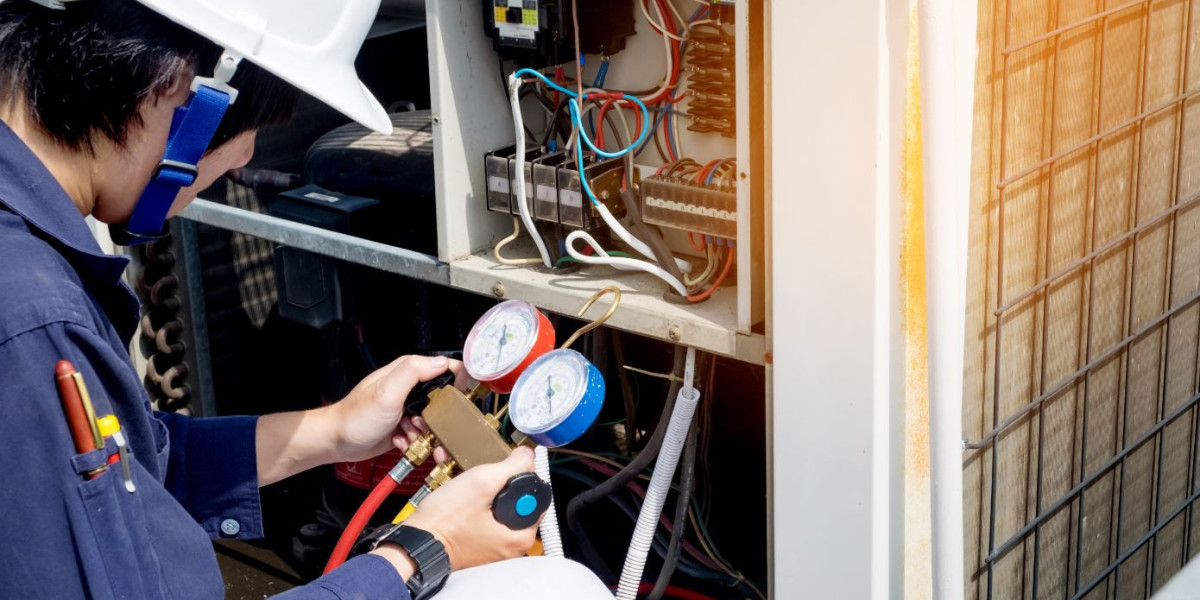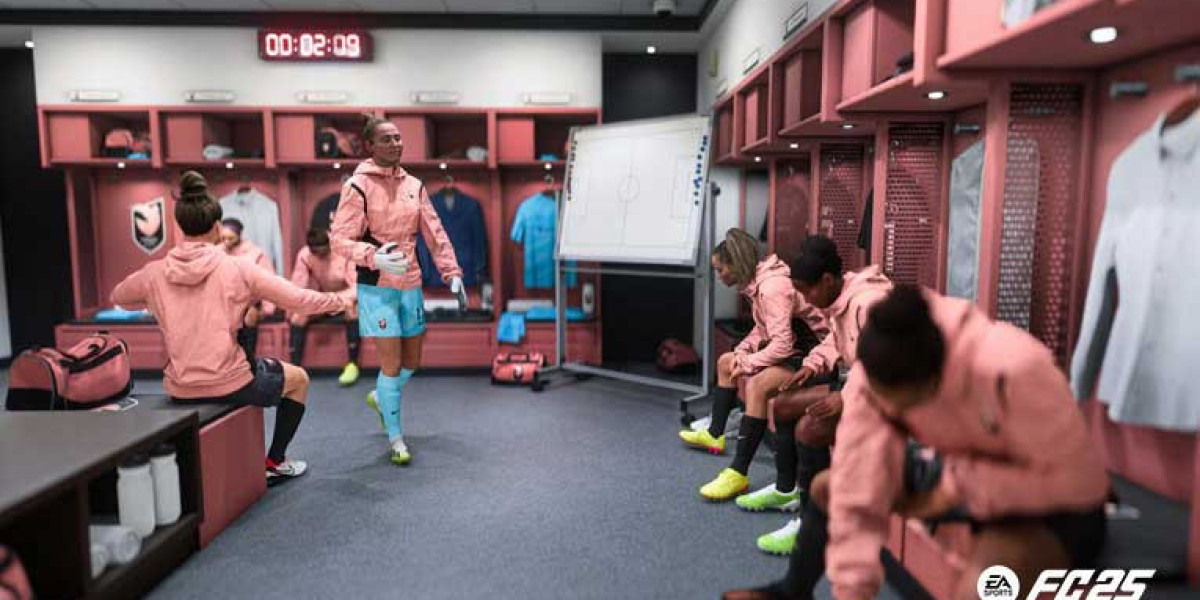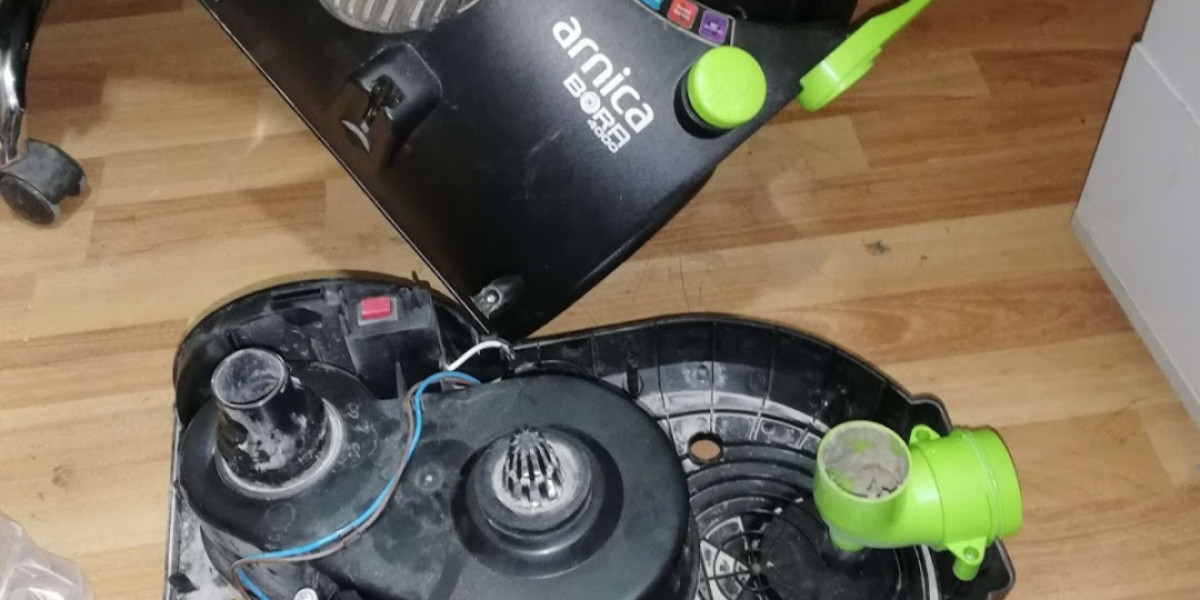When planning a construction project in Florida, one of the most critical decisions you'll make is selecting the right mechanical contractor. This choice can significantly impact the success of your project, influencing timelines, costs, and overall quality. With Florida's unique climate and building regulations, the need for specialized expertise becomes even more pronounced. In this article, we will guide you through the essential steps to choose the right mechanical contractor for your project, ensuring that you make an informed decision. From understanding the scope of your project to assessing qualifications and experience, we will cover all the critical factors you need to consider.
Understanding Your Project Needs
The first step in choosing a mechanical contractor is to clearly define your project requirements. Are you working on a new construction project, a renovation, or a specialized installation? Each type of project may require different expertise and experience. For example, HVAC systems in Florida must handle high humidity and temperature fluctuations, which necessitates a contractor skilled in such environments. Therefore, it is essential to outline your specific needs, including the types of systems required, the scale of the project, and any regulatory compliance that must be met. By having a clear understanding of your project, you will be better equipped to find a contractor that aligns with your goals and expectations.
Researching Potential Contractors
Once you know your project requirements, it's time to start researching potential mechanical contractors in florida. A good starting point is to ask for recommendations from colleagues, friends, or industry professionals. Additionally, online platforms and directories can provide valuable insights. Websites like the Better Business Bureau (BBB) and Angie's List allow you to check contractor reviews, ratings, and complaints. In Florida, the Department of Business and Professional Regulation (DBPR) maintains a list of licensed contractors, which can be an excellent resource for verifying credentials. Make sure to compile a list of potential contractors who meet your project specifications and have a solid reputation in the industry.
Checking Qualifications and Experience
After narrowing down your list of potential contractors, the next step is to assess their qualifications and experience. Verify that the contractor holds the necessary licenses and certifications required to operate in Florida. This may include a general contractor's license, HVAC certification, or plumbing license, depending on your project's needs. Furthermore, inquire about their experience with similar projects. A contractor with a proven track record in your specific area of work is more likely to understand the nuances involved, including local building codes and regulations. Don’t hesitate to ask for references and case studies that demonstrate their capabilities and successes.
Evaluating Insurance and Bonding
One of the most critical aspects of hiring a mechanical contractor is ensuring they have adequate insurance and bonding. Liability insurance protects you in the event of accidents or damages that may occur during the project. Workers' compensation insurance is also essential, as it covers any injuries that may happen to workers on your site. Additionally, being bonded provides you with a safety net, ensuring that the contractor is financially responsible and can complete the project as agreed. Always request proof of insurance and bonding before moving forward with any contract, as this can save you from potential legal troubles and financial losses down the line.
Assessing Communication and Professionalism
Effective communication and professionalism are vital qualities to look for in a mechanical contractor. From the initial consultation to the final stages of the project, clear communication helps ensure that all parties are on the same page. Pay attention to how promptly and thoroughly the contractor responds to your inquiries during the selection process. This can be a good indicator of their overall communication style. Additionally, assess their professionalism during meetings and discussions. A contractor who listens to your needs, provides thoughtful feedback, and demonstrates a strong work ethic is likely to facilitate a smoother project experience.
Requesting Detailed Proposals and Estimates
Once you have identified a few qualified contractors, it is essential to request detailed proposals and estimates. A comprehensive proposal should outline the scope of work, materials to be used, timelines, and costs. Be cautious of estimates that appear significantly lower than others, as they may indicate the contractor is cutting corners or may not include all necessary aspects of the project. Compare the proposals carefully, paying attention to the specific services offered and how they align with your project needs. This stage is critical for establishing a clear understanding of what to expect and for avoiding misunderstandings later on.
Reviewing Contracts Thoroughly
Before signing a contract with your chosen mechanical contractor, take the time to review the document thoroughly. Ensure that all aspects of the project are clearly defined, including timelines, payment schedules, and specific responsibilities of each party. It is advisable to consult with a legal professional, especially if the contract contains complex terms or conditions. Understanding what you are agreeing to is crucial, as it protects your interests and sets clear expectations for the contractor. Avoid signing the contract until you are entirely comfortable with its contents and have addressed any concerns or questions you may have.
Monitoring Progress and Quality
After selecting a mechanical contractor and starting your project, it is important to stay actively involved and monitor the progress and quality of the work being done. Regular communication with the contractor can help ensure that the project stays on track and that any issues are addressed promptly. Conduct periodic site visits to observe the work and ensure it aligns with the agreed-upon standards. If you encounter any problems or discrepancies, address them immediately with the contractor to avoid larger issues down the road. Your involvement is crucial in maintaining quality and ensuring that the project meets your expectations.
Conclusion
Choosing the right mechanical contractor in Florida for your project is a decision that should not be taken lightly. By understanding your project needs, researching potential contractors, checking qualifications, and evaluating communication and professionalism, you can make an informed choice. Additionally, ensuring that the contractor has adequate insurance and bonding, requesting detailed proposals, and thoroughly reviewing contracts will further protect your interests. Finally, staying involved throughout the project will help ensure that the work meets your expectations. By following these steps, you can secure a successful partnership with a mechanical contractor who will contribute positively to the outcome of your project.








